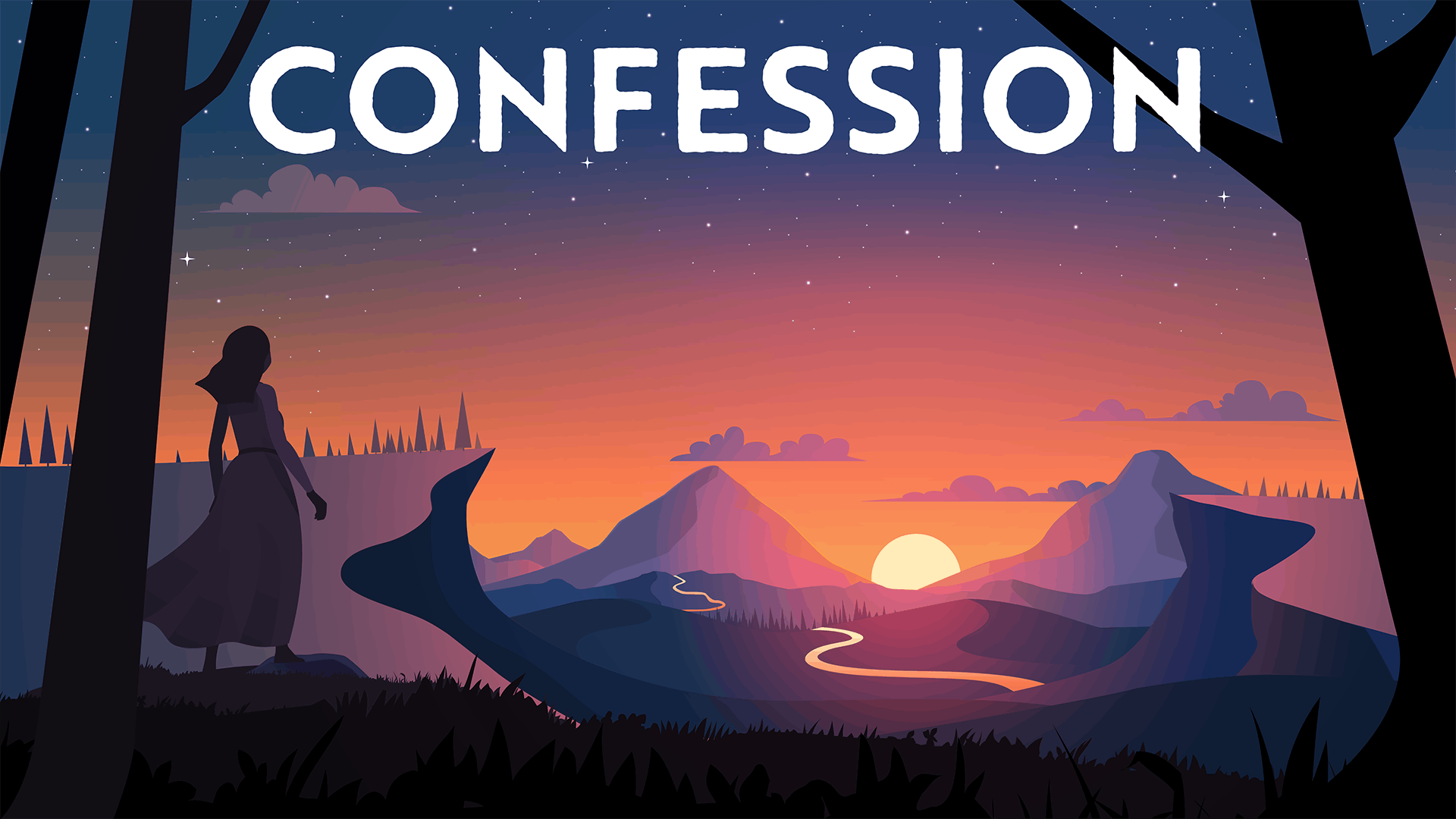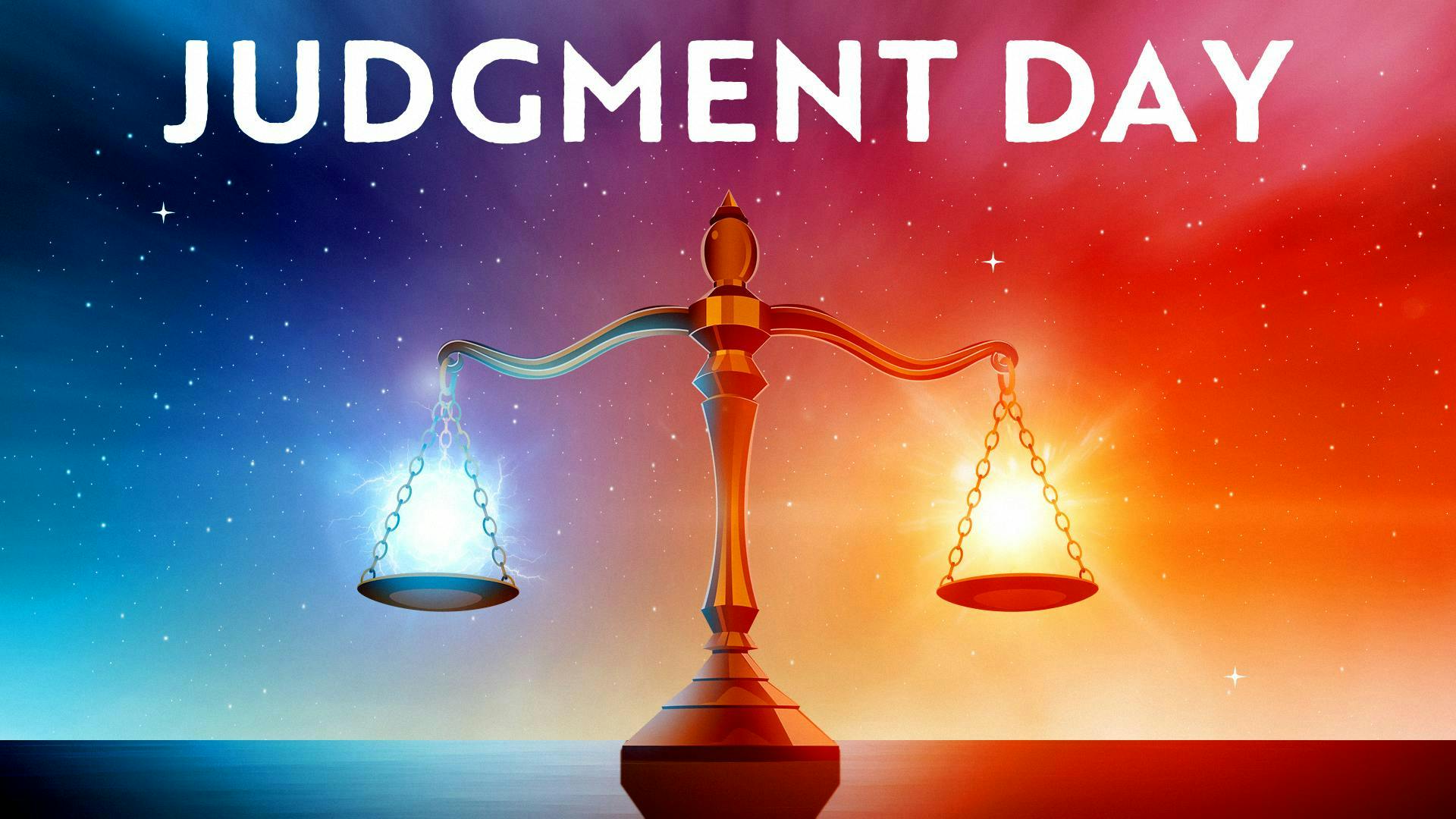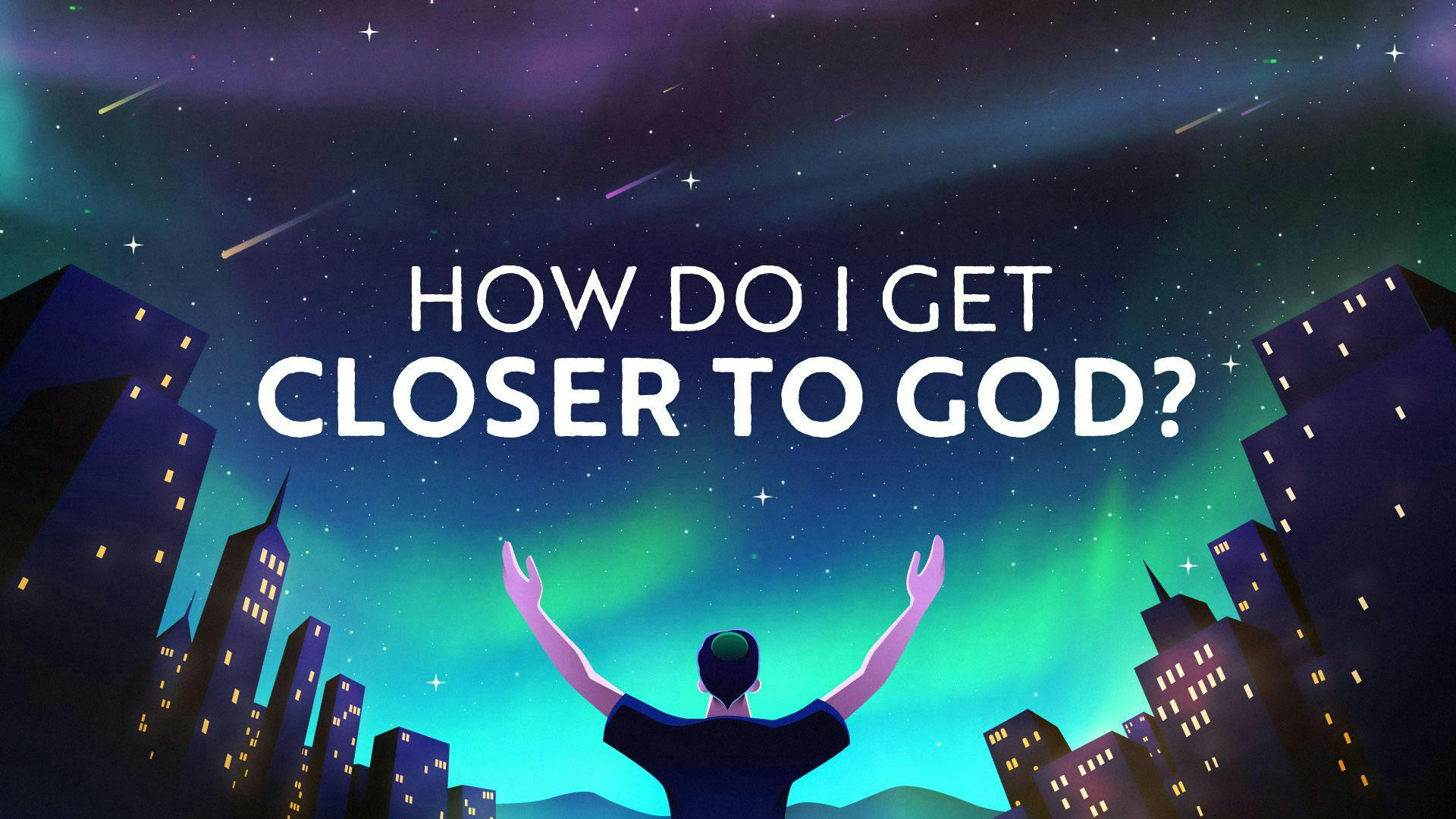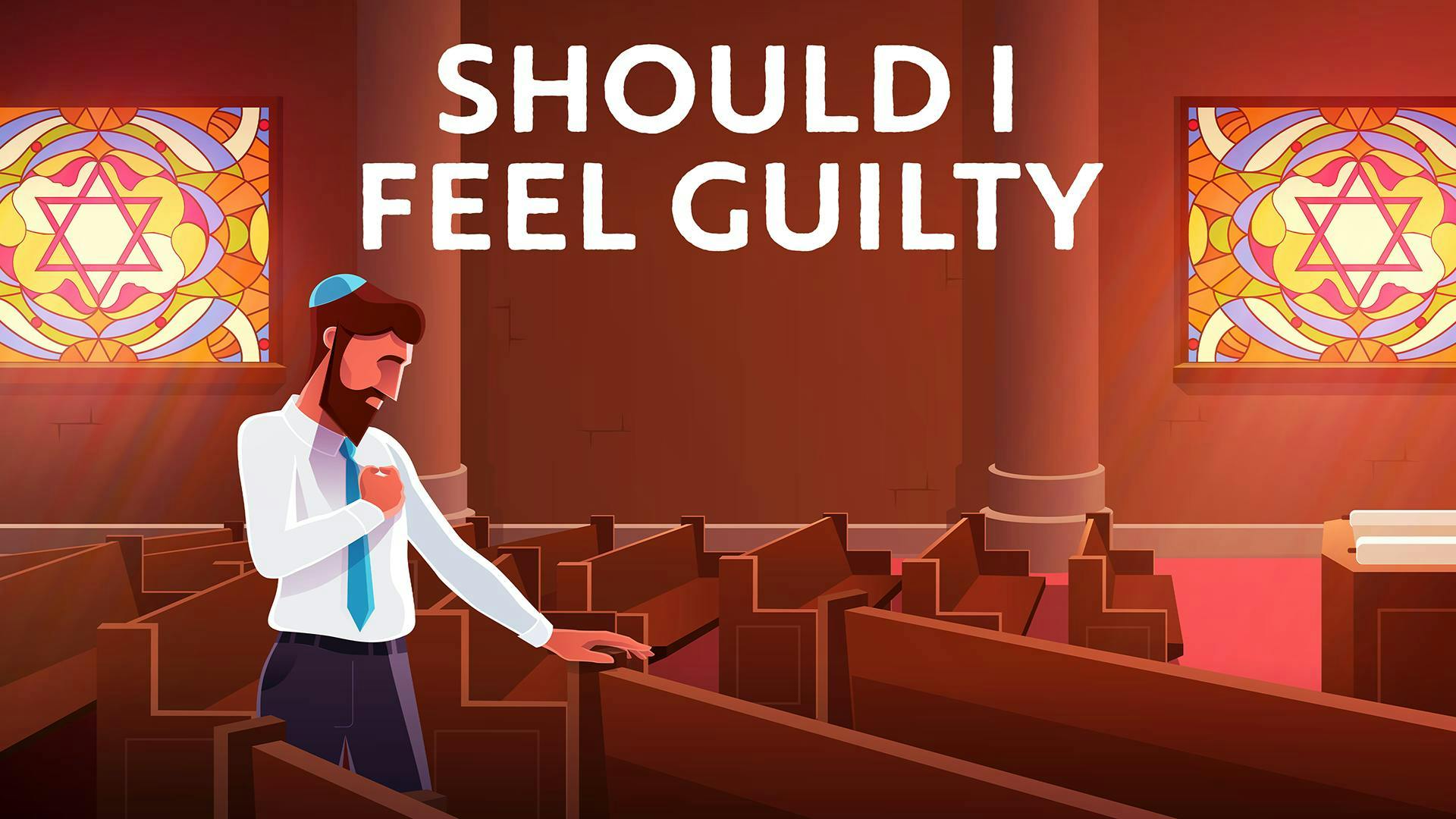Taanit Bechorot - the Fast of the Firstborn
How Does This Overlooked Fast Day Help Us Prepare for Passover?
By Sarah Rashba | 3 March 2025 | 5 Minute Read
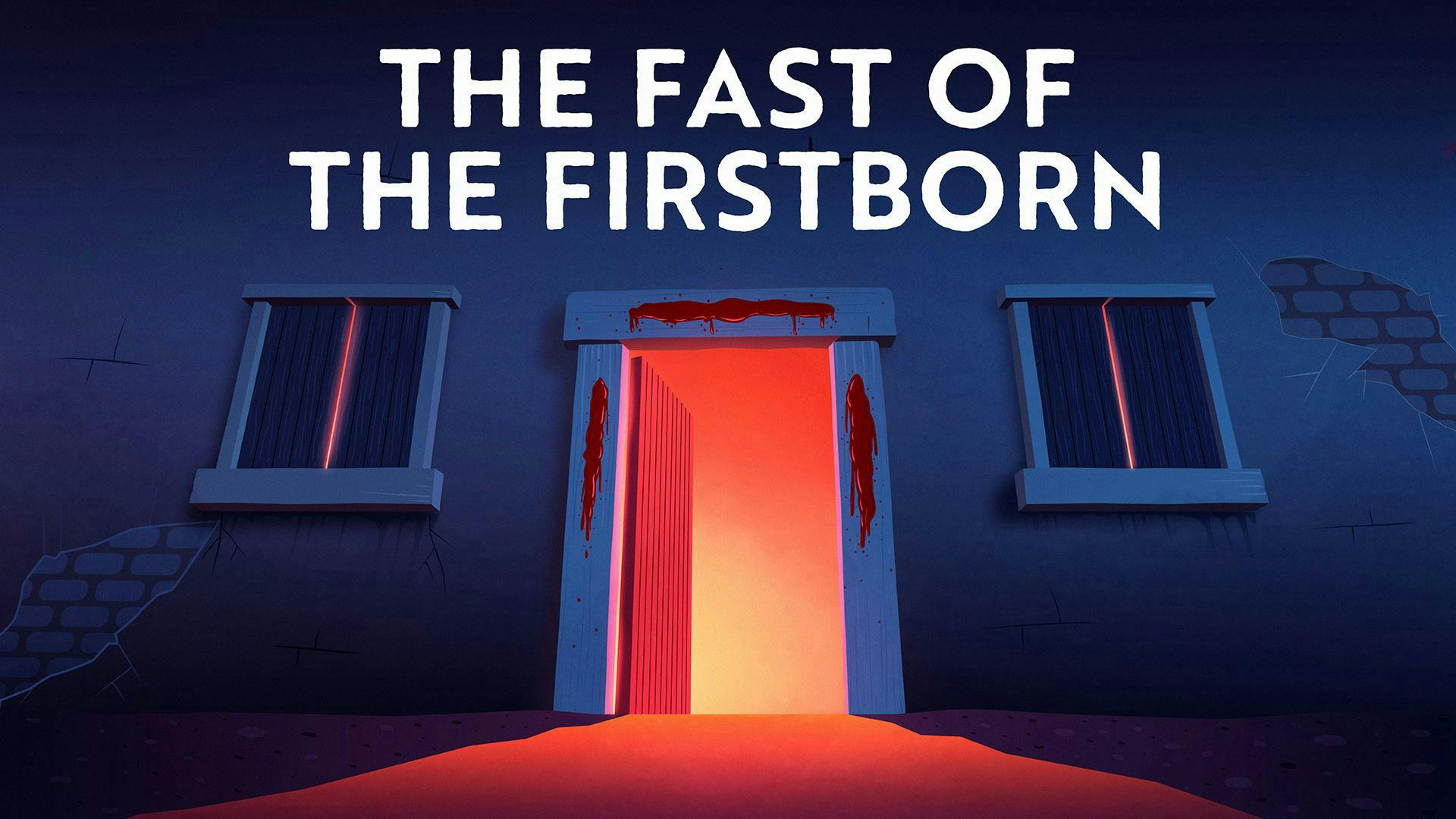
Taanit Bechorot - the Fast of the Firstborn
A Fast Day Where Nobody Fasts
The days leading up to Passover are filled with insane amounts of activity: cooking, cleaning, setting up the seder, preparing to see family…but right before the holiday arrives, we have a strange thing that seems to be completely counter to all of the festive preparations.
The rabbis declared that the day before Passover, Erev Pesach, would be an eternal fast day for anyone who is firstborn, known as Ta’anit Bechorot (the Fast of the Firstborn). Taanit Bechorot commemorates the tenth and final plague in the Passover story – when God killed all of the firstborn Egyptians but spared those of the Israelites.
But why do firstborns have to pause, in the midst of all the hustle and bustle of preparing for Passover to have a fast day? Isn’t Passover supposed to be a joyous time? Why do we have a fast day right before the holiday?
And if the timing of the fast day isn’t weird enough, there is another thing about Ta’anit Bechorot that is super strange: most firstborns don’t actually fast!
You see, there are lots of ways to “get around” the fast. Most people avoid fasting by joining in a seudat mitzvah, a special kind of religious meal, whose joy actually overrides the fast. And it’s a pretty accepted practice. In fact, I can’t recall ever hearing of anyone who actually ended up fasting on the day before Passover!
So now I’m even more confused. Not only is the timing of the fast day really strange, but if firstborn children don’t actually end up fasting before Passover, why have the day in the first place? And what about the rest of us, the middle children and youngest children - is this day meant to have any meaning at all? Overall, what should we be thinking about on this day, and what is the reason why our sages felt it was a necessary prelude to Passover?
Understanding the Fast of the Firstborn
To understand why our sages declared this commemorative day, we need to pay attention to the idea of the bechor, the firstborn. Because, when you think more deeply about this theme, this idea of the firstborn bookends the Passover story. Before any of the ten plagues, at the outset, God warns Pharaoh that if he doesn't let the Israelites go, God is going to kill the firstborns of Egypt. He tells Moses: “בְּנִי בְכֹרִי יִשְׂרָאֵל - My firstborn child is Israel” (Exodus 4:22). God seems to take the idea so seriously that Egypt is threatened with the death of their firstborns for daring to trifle with God's firstborn! And indeed, the tenth plague is exactly that - an attack against the Egyptian firstborn children.
So clearly the theme of the firstborn is such a key theme to the Passover story. But why did it necessitate a special commemorative fast day? Watch this video where Aleph Beta scholar Beth Lesch explains the meaning of Taanit Bechorot and what it means to be a firstborn nation of God.
More Passover Videos
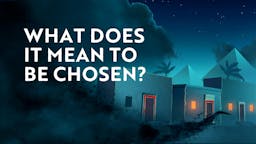
What Does It Mean To Be Chosen?
Video series • Part 1 of 8 • 8 min
If God wanted to free us from slavery, why not just take us out? Why the plagues, the blood on the doorposts, the hardening of Pharaoh’s heart—why all the extra steps? Rabbi Fohrman uncovers how these puzzling details reveal something much deeper: what it truly means to be God’s ‘firstborn.’
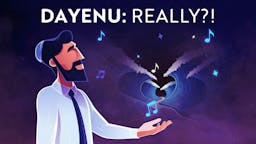
Dayenu In The Pesach Haggadah
Video • 1 hour, 21 min
Singing Dayeinu: Would It Really Have Been Enough? What do the lyrics of Dayeinu song really mean?
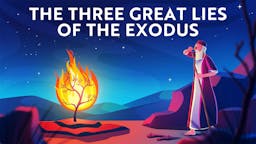
The Miracles Performed By Moses In Egypt
Video series • Part 1 of 7 • 10 min
At the burning bush, God gave Moses three signs to show the People of Israel that He is in fact with them. Was there any significance to these 3 signs, or did God randomly select three signs? Also, were the signs even effective? Join Rabbi Fohrman as he takes a closer look at these three signs from God.
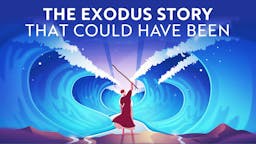
The Exodus Story That Could Have Been
Video series • Part 1 of 5 • 13 min
The Exodus story ends in carnage for the Egyptians, and in glorious salvation for the Israelites – but could this story have ended differently? Could the Egyptians also have lived happily ever after? Rabbi Fohrman thinks we can find the answer by noticing some uncanny resemblances to another biblical story. Join us as we explore a new way of reading the Exodus story.
More Passover Guides
How To Read The Pesach Haggadah
Printable Guide
Reading the Haggadah is one of many rituals of the Pesach Seder – but it can be difficult to read. Sometimes we mumble our way through it, without real comprehension. This Haggadah outlines guides you through the important messages in Maggid.
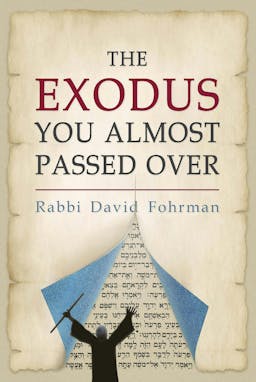
The Exodus You Almost Passed Over: Chapter 1
Printable Guide
Is there more to the Exodus story than we think we know? Rabbi Fohrman's book reveals a side of the ancient Exodus saga that illuminates not just our past, but our future, and tells not only of our freedom, but of our destiny. Take a peek at Chapter 1 for free.
Looking for more?
We have hours of delightful videos and podcasts to enhance your Yamim Noraim experience.
What is Aleph Beta?
Aleph Beta is a unique kind of Torah library. Led by our founder, Rabbi David Fohrman, we are dedicated to high-level, textual Torah learning for adults that is intellectually and spiritually sophisticated, that enlivens your Jewish practice and helps you forge a deeper connection to God. Whether you’ve been learning in yeshiva for years or you’re just beginning your Torah journey, you’re sure to find something meaningful and surprising waiting for you here.
Browse our library of over 1,000 beautifully produced animated videos, podcasts, deep dive courses, and printable guides. Topics include the weekly parsha, Jewish holidays & fast days, laws & mitzvot, prayers, relationships, big philosophical ideas and more. Have something to say at the Shabbos table that will amaze your family and guests and bring deep meaning into their lives.


